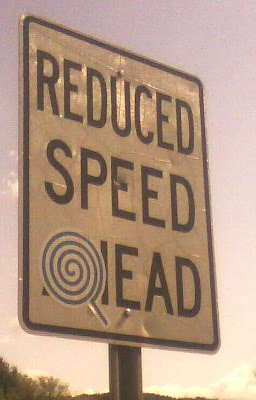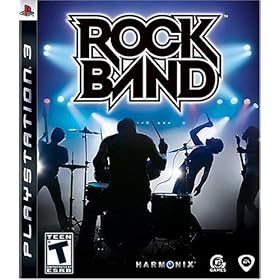 We went to make a call on a pair of animal rescue organizations yesterday and, while we were told we'd be meeting some dogs, I definitely had the sense that this was another stage in the process of adopting a dog, proving to them that we were good contenders through interviews and such, and possibly getting to know the dogs and picking one out but still having a process to go through to adopt him or her. To my surprise, when we left, there was a dog in the car... and all our plans for the day changed, to a long drive to Petsmart, a lot of shopping, and a lot of new experiences.
We went to make a call on a pair of animal rescue organizations yesterday and, while we were told we'd be meeting some dogs, I definitely had the sense that this was another stage in the process of adopting a dog, proving to them that we were good contenders through interviews and such, and possibly getting to know the dogs and picking one out but still having a process to go through to adopt him or her. To my surprise, when we left, there was a dog in the car... and all our plans for the day changed, to a long drive to Petsmart, a lot of shopping, and a lot of new experiences.Socks is about 10 months old and comes from Mississippi, where she belonged to an elderly woman until she went into a nursing home. She's a black labrador retriever and chow mix, but she looks for all the world like a black lab. (Apparently, black dogs have a harder time getting adopted, which seems odd to me.) She's fairly mellow for a lab, even-tempered and friendly. With other dogs she can be a bit bossy; she's an alpha female. But she's not at all timid and glommed onto us immediately, and is already acting like she's always lived here. She's very affectionate, even demanding.
Even though she's not a super-energetic dog, she's still enough to exhaust us. She wants to go for a walk as often as possible, and though she'll take the lead and stop when I insist, she'll go as long as we let her as fast as we'll let her, and once she's back in she's begging to go out again. We're going to fence in part of the yard (I need to figure out if that's something I can do) and get her a chain run until we can do that.
We're already signed up for an obedience class, and while she's housebroken and fairly well trained (except for a tendency to get up onto things -- we're allowing her onto the sofa and bed, but we have to teach her not to nose around on the table or counters) we still need to learn how to tell her no.
We bought her a lot of toys and she likes some of them, though she also loves to tear up cardboard toilet paper spindles and the like. So far we haven't gotten her into her crate; we need to learn how to do that. There's so many things to do, and to learn. We always had dogs when we were kids, but this feels new, bigger.






































 RealTime and RTC
RealTime and RTC Prism
Prism Uncreated
Uncreated Bloodweavers
Bloodweavers Foulspawner's Legacy
Foulspawner's Legacy Lusternia
Lusternia